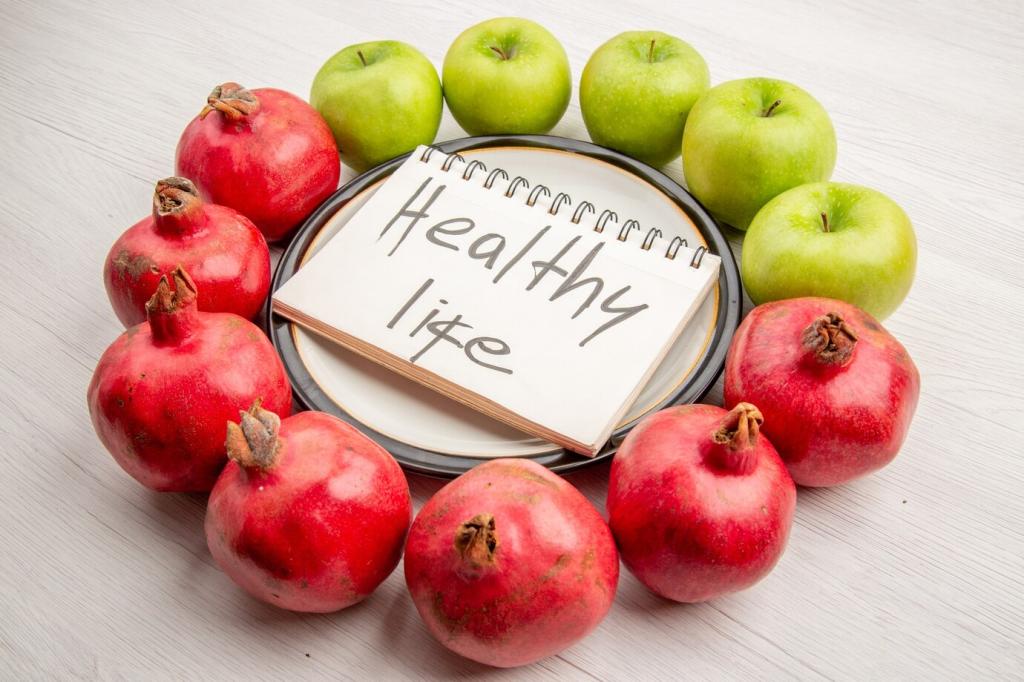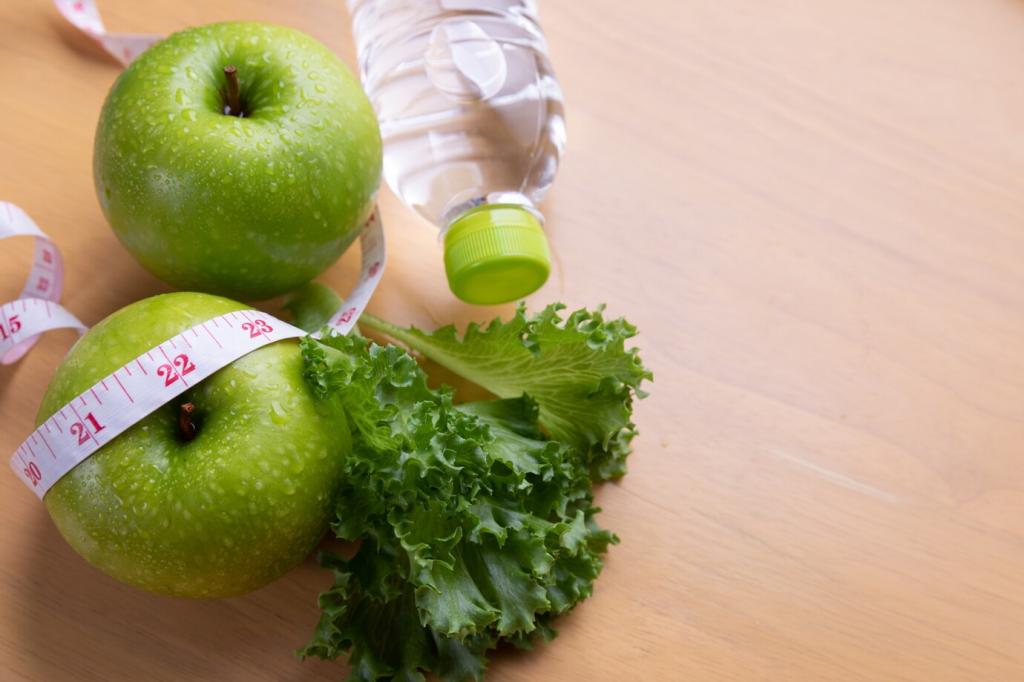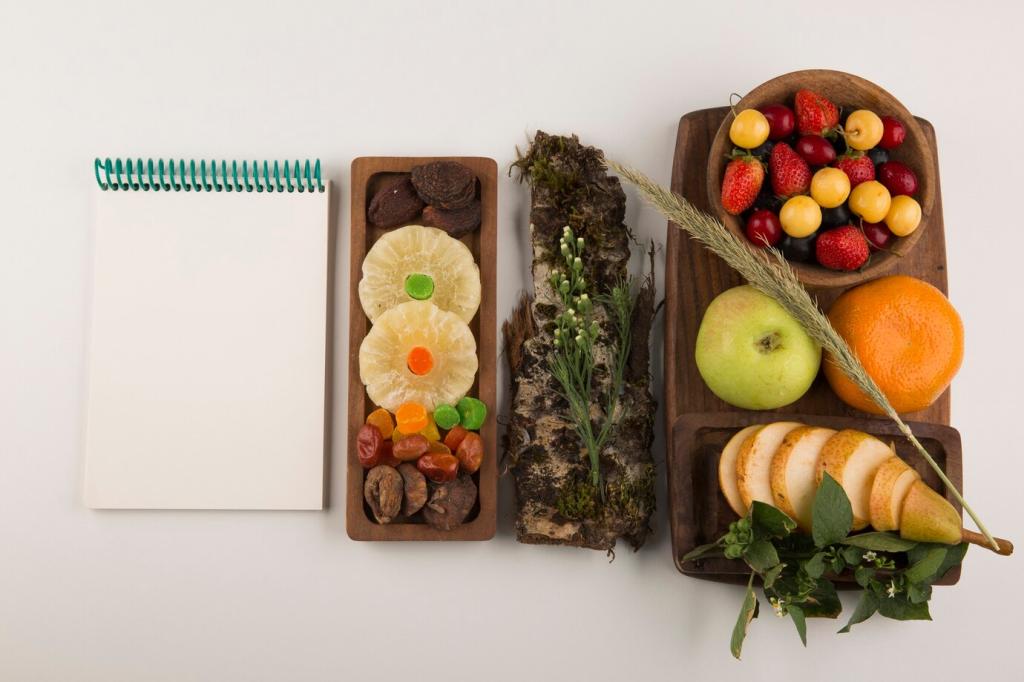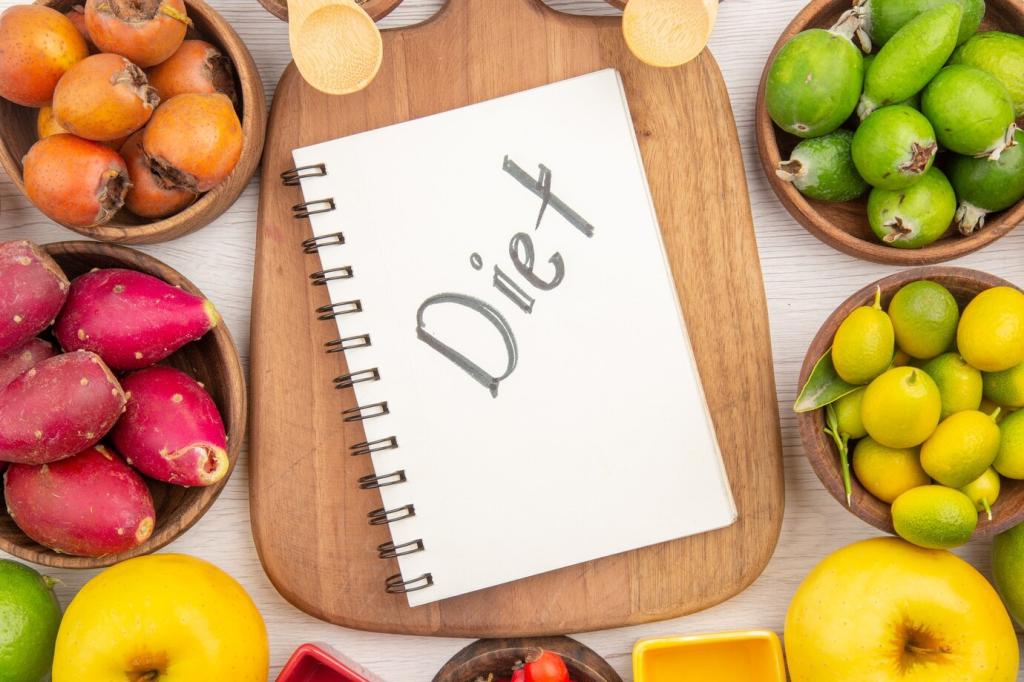
Essential Vitamins and Minerals for Athletes
From stronger strides to faster recovery, discover how essential vitamins and minerals fuel every training session and race day. Today’s theme: Essential Vitamins and Minerals for Athletes. Dive in, ask questions, and subscribe for weekly, science-backed insights tailored to your performance.
Why Micronutrients Matter for Every Athlete
From Food to Fuel: The Metabolic Spark
B vitamins help convert carbohydrates and fats into usable energy, supporting high-intensity bursts and long efforts. Athletes who overlook them often describe “heavy legs.” Track your energy on hard training days and note changes when B-rich foods consistently appear.


Muscle, Nerves, and the Electrolyte Equation
Sodium, potassium, and calcium orchestrate nerve impulses and muscle contraction. Even a small imbalance can feel like clumsy footwork or surprise cramps. Log your sweat rate, salt intake, and training environment to spot patterns and improve your in-session hydration plan.
Iron and Vitamin B12: Oxygen Delivery and Endurance
Low ferritin often shows up as stubborn fatigue, elevated heart rate at easy paces, or dizziness after intervals. A runner named Maya restored ferritin through iron-rich meals and careful timing, then set a personal best two months later. Track symptoms alongside training notes.
Iron and Vitamin B12: Oxygen Delivery and Endurance
Heme iron from animal foods is more readily absorbed, while plant iron benefits from vitamin C partners. Beans with bell peppers, or lentils with citrus, lift absorption. Avoid tea or coffee with iron-rich meals, as tannins can reduce uptake when timing is tight.



Electrolytes in Motion: Sodium, Potassium, Magnesium
Sodium losses vary widely. Some athletes lose more than a gram per liter of sweat. Replace adequately during long or hot sessions to sustain pace and reduce dizziness. Start with measured hydration, then refine based on body weight change and perceived exertion after workouts.
Calcium and Vitamin D: Bones That Absorb the Miles
Calcium for Structure and Signaling
Calcium strengthens bones and aids nerve signaling. Dairy, fortified plant milks, tofu set with calcium sulfate, and sardines are reliable options. Spread calcium intake across meals to enhance absorption and reduce gastrointestinal discomfort during afternoon training sessions.
Vitamin D: The Sunshine Hormone
Vitamin D supports calcium absorption and may influence muscle function. Levels can dip in winter or with indoor training blocks. Discuss testing timing with a clinician, and consider safe sunlight exposure, fortified foods, or guided supplementation if levels trend low.
Stress Fracture Prevention in Practice
A triathlete reduced repeat shin pain by pairing calcium-rich snacks with vitamin D and moderating weekly impact spikes. Bone adapts when fueled and progressively loaded. Tell us your favorite bone-friendly snack combo and we’ll compile a community shortlist.
Vitamin C: Collagen and Immunity Support
Citrus, kiwifruit, berries, and peppers provide vitamin C for collagen synthesis and immune readiness. Many athletes sip a citrus smoothie after strength work to support tissue remodeling. Pair with iron-rich foods when possible to amplify plant iron absorption after tough workouts.
Vitamin E: Membrane Protection Through Fats
Vitamin E from almonds, sunflower seeds, and wheat germ oil protects cell membranes. Instead of mega-doses, anchor it in meals with healthy fats. A mixed-nut snack before evening sessions can provide steady energy and antioxidant support without overwhelming adaptation signals.
Polyphenols: Tart Cherry and Berries
Polyphenol-rich foods can ease soreness and support sleep in heavy blocks. Tart cherry concentrate is popular in taper weeks. Use purposefully around peak loads, not all year at high doses, to protect training adaptations while still harnessing recovery benefits.
Absorption and Timing: Getting More from What You Eat
Combine vitamin C with plant-based iron, and include healthy fats with fat-soluble vitamins A, D, E, and K. Think spinach and strawberries with olive oil. These small tweaks compound over a training cycle into noticeably steadier energy and resilience.
Absorption and Timing: Getting More from What You Eat
Coffee, tea, and high-calcium foods can interfere with iron absorption. Give iron-focused meals a caffeine-free window and space calcium supplements away from iron. Simple calendar reminders can prevent accidental nutrient clashes during busy training and travel schedules.
Special Considerations: Plant-Based and Female Athletes
Focus on legumes, tofu, tempeh, nuts, seeds, whole grains, and fortified foods for iron, zinc, calcium, and B12. Use vitamin C pairings, and consider B12 fortification or professional guidance. Track training quality when you adopt these staples for a solid four weeks.
Special Considerations: Plant-Based and Female Athletes
Menstrual blood loss can raise iron needs. Keep an eye on energy levels, mood, and hair or nail changes. Work with a clinician on testing frequency and individualized plans. Share strategies that helped you maintain consistency through the most demanding training phases.


Smart Supplementation: Safety, Dosing, and Trust
01
Third-Party Tested or Skip It
Look for NSF Certified for Sport, Informed Sport, or USP. These programs reduce contamination risk and verify label claims. Keep a simple spreadsheet of approved products, and update it quarterly with teammates to share safe, effective finds.
02
Dose with a Purpose
Avoid mega-doses unless medically directed. More is not better, especially with fat-soluble vitamins and minerals like iron or zinc. Match dose to need, timing to training, and review interactions with a professional if you take medications or multiple supplements.
03
Anecdotes, Not Absolutes
What worked for your training partner may not suit your physiology. A cyclist’s cramps vanished with magnesium-rich meals, while another needed sodium adjustments. Share your story in the comments, and let’s build a practical, evidence-informed library together.
Join our mailing list
